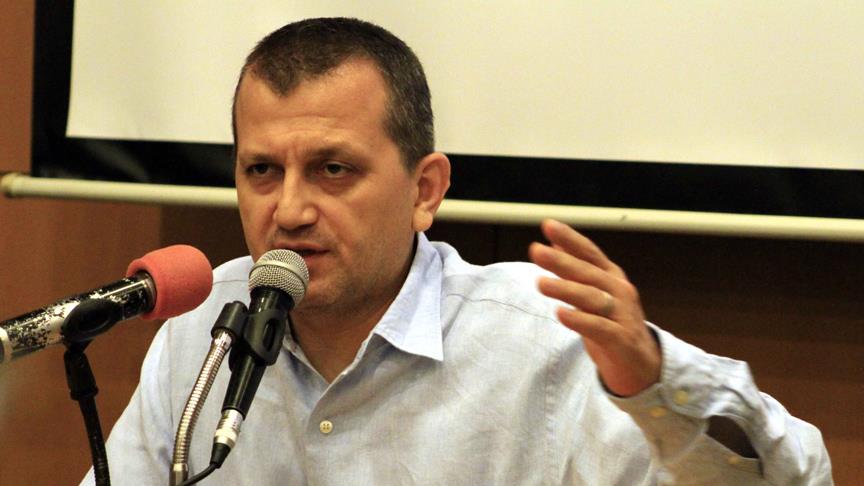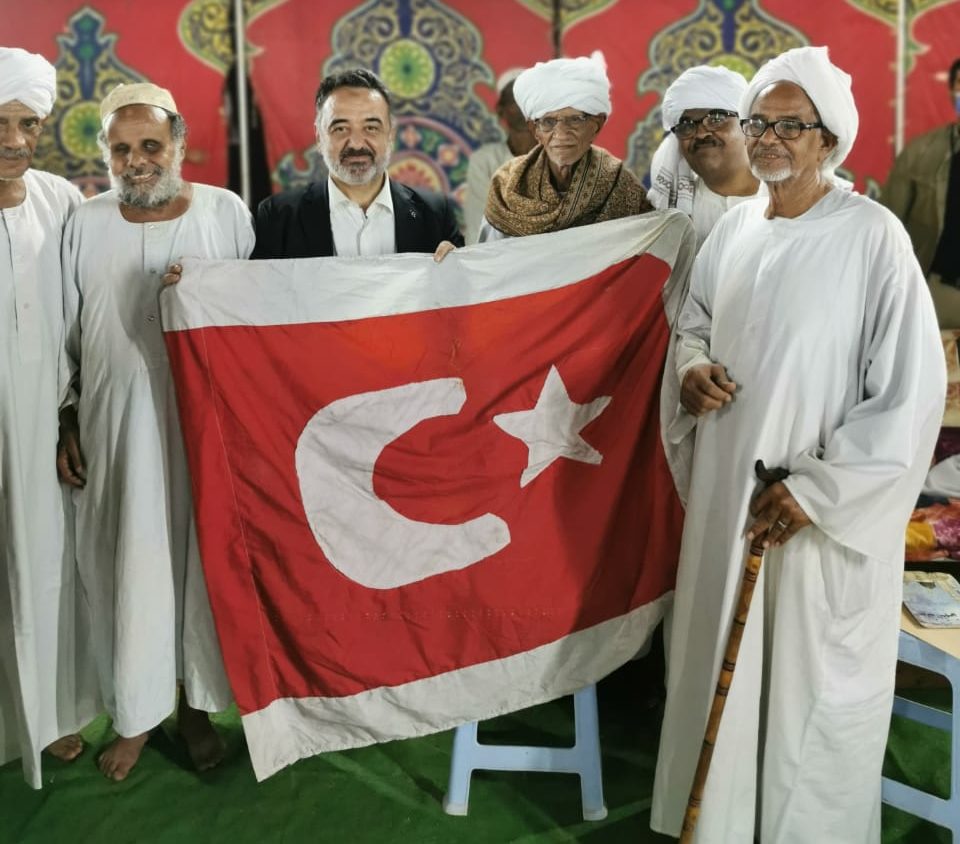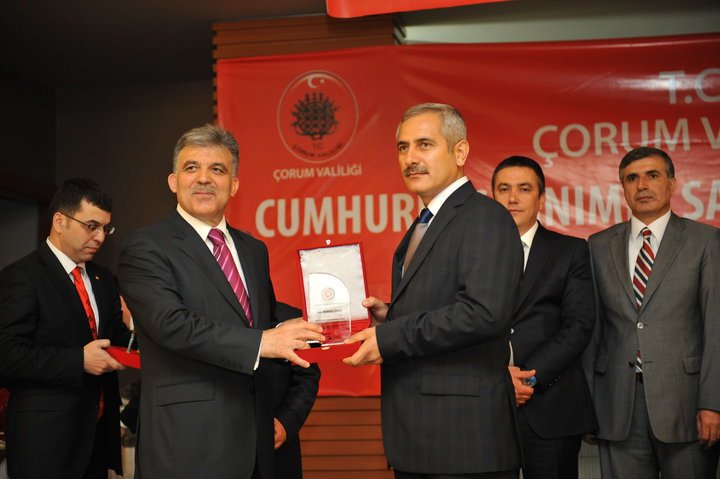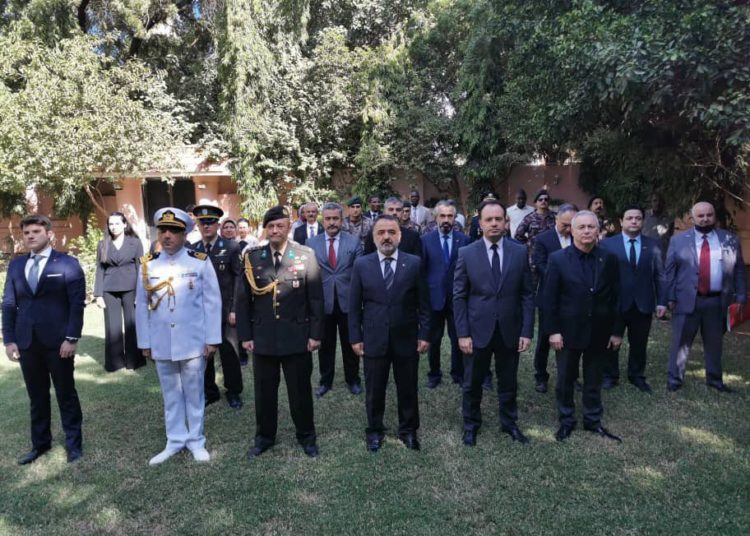Levent Kenez/Stockholm
The Turkish government used its diplomats in Sudan to profile opponents of Turkish President Recep Tayyip Erdoğan and gather intelligence about them to help forge a criminal case against critics.
Judicial documents have confirmed that 44 Turkish nationals had been profiled by Turkish diplomats in Sudan and reported to the Foreign Ministry in Ankara. The information was later used in a criminal indictment for a charge of terrorism by a Turkish prosecutor.
According to a December 21, 2018 decision the Ankara Chief Public Prosecutor’s Office launched an investigation (file no. 2018/43629) into 44 Turkish nationals living in Sudan who were on the list dispatched by Turkish diplomats without any concrete evidence of wrongdoing. According to the documents they were charged with “membership in a terrorist group.”
Judicial document dated December 12, 2018 reveals spying on critics by Turkish diplomatic missions. (The addresses and names of the Turkish nationals have been redacted for security reasons.):
The profiling documents might have been sent to Ankara by Cemalattin Aydın the Turkish ambassador in Khartoum from 2013 to 2017 or İrfan Neziroğlu, the envoy since 2017.


In November 2017, Turkey’s National Intelligence Organization abducted Gülen movement-affiliated businessman Memduh Çıkmaz from Sudan. Çıkmaz had left Turkey in January 2016 after being pressured by the government and settled in Sudan, where he had investments. He was detained in September in Sudan as a result of pressure exerted by Ankara on Khartoum. He was sentenced to 10 years in prison in 2018.

Critics of the Erdoğan government abroad, especially members of the Hizmet/Gülen movement, have been facing surveillance, harassment, death threats and abduction since President Erdoğan decided to scapegoat the group for his own legal troubles. They have often been denied consular services such as power of attorney and birth registry as well as having their passports revoked. Their assets in Turkey are seized and their family members at home risk criminal charges.
Most recently educator Orhan İnandı, who was included in documents previously published by Nordic Monitor, was kidnapped in Kyrgyzstan on May 31 and illegally brought to Turkey. İnandı, who had lived in Kyrgyzstan for nearly 30 years, was arrested July 12 on charges of membership in a terrorist organization. A confidential 105-page Turkish government report obtained by Nordic Monitor confirms it was Turkish intelligence agency MIT that abducted and illegally transported the dual Turkish-Kyrgyz national who went missing in Bishkek.
As previously disclosed by Nordic Monitor, the foreign ministry sent lists of profiled Turkish nationals in two CDs to the Ankara Chief Public Prosecutor’s Office, the national police and Turkey’s intelligence agency MIT on February 19, 2018 via an official document for further administrative or legal action, the punishment of their relatives back in Turkey and the seizure of their assets.
Public prosecutor Adem Akıncı, who received the foreign ministry document on February 23, 2018, forwarded the classified CDs including information on 4,386 Erdoğan critics to the Organized Crimes Unit of the Ankara Police Department for further action. The police conveyed the results of its investigations to the public prosecutor. According to judicial documents released by the Ankara 4th High Criminal Court on January 16, 2019, the foreign ministry compiled a long list of foreign entities that were owned and/or operated by people who were seen as close to the movement.
Foreign Minister Mevlüt Çavuşoğlu confirmed systematic spying on government critics on foreign soil by Turkish diplomatic missions in February 2020. Çavuşoğlu said Turkish diplomats assigned to embassies and consulates have officially been instructed by the government to conduct such activities abroad. “If you look at the definition of a diplomat, it is clear. … Intelligence gathering is the duty of diplomats,” Çavuşoğlu told Turkish journalists on February 16, 2020 following the Munich Security Conference, adding, “Intelligence gathering and information collection are a fact.”












